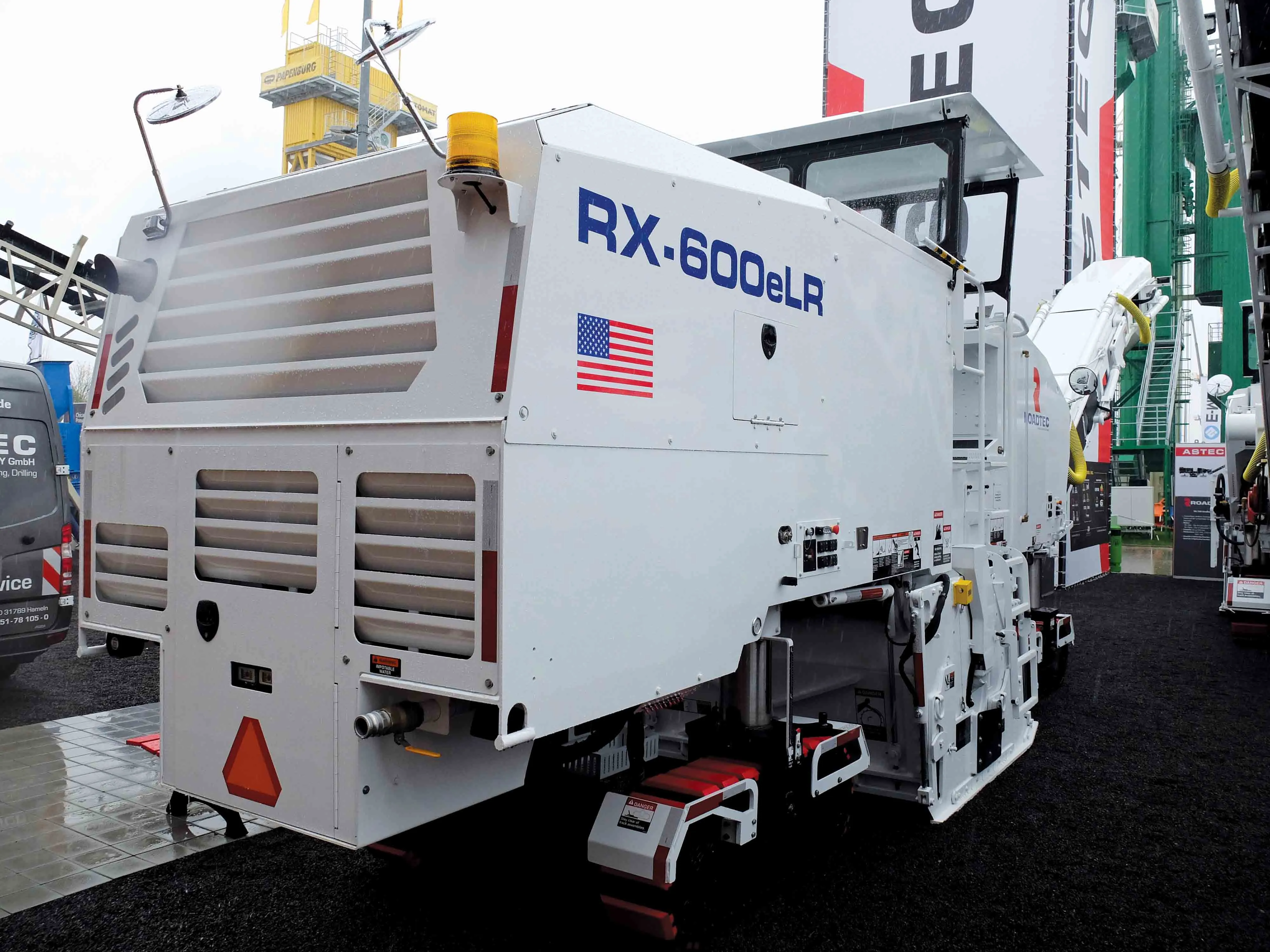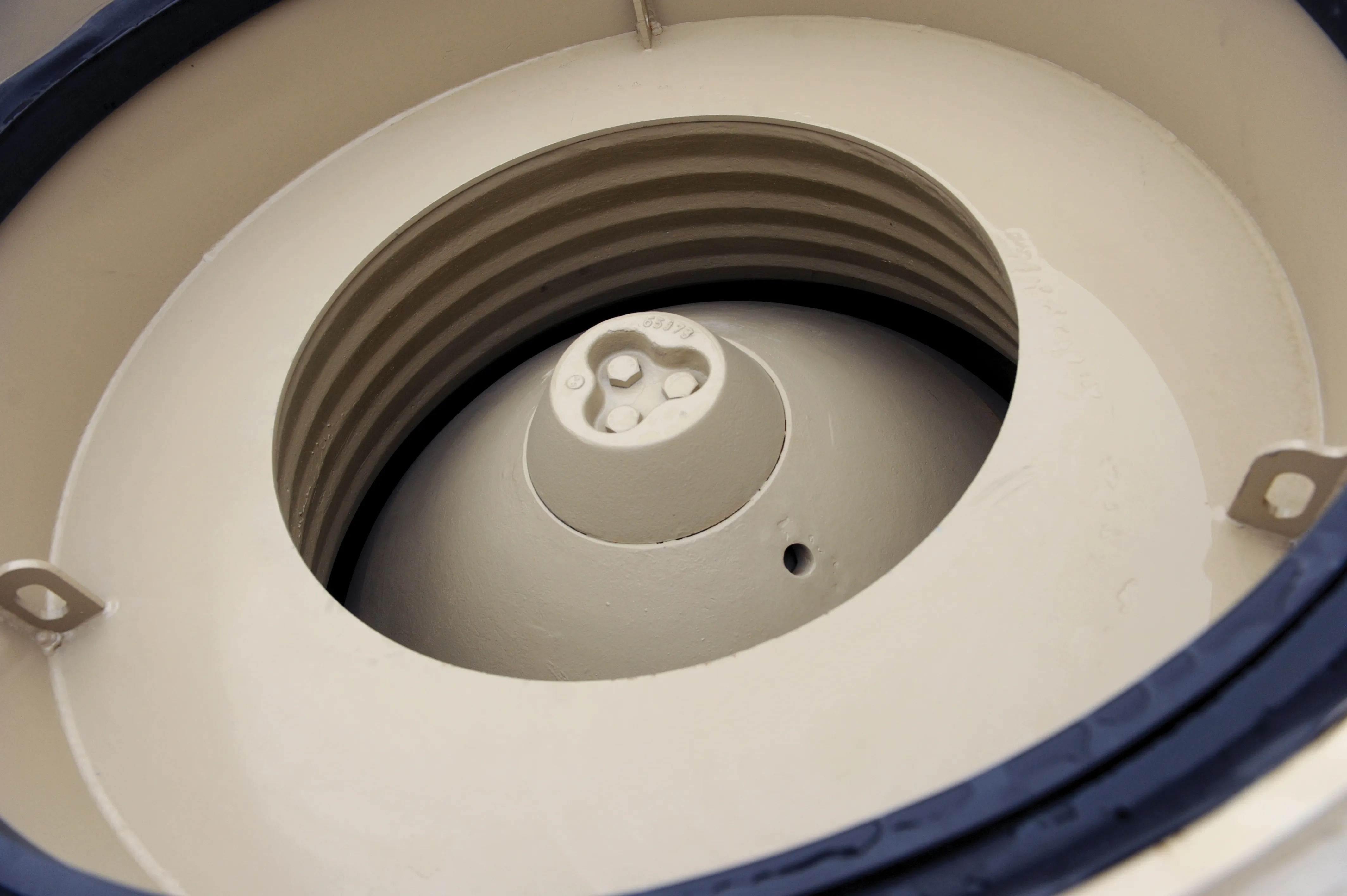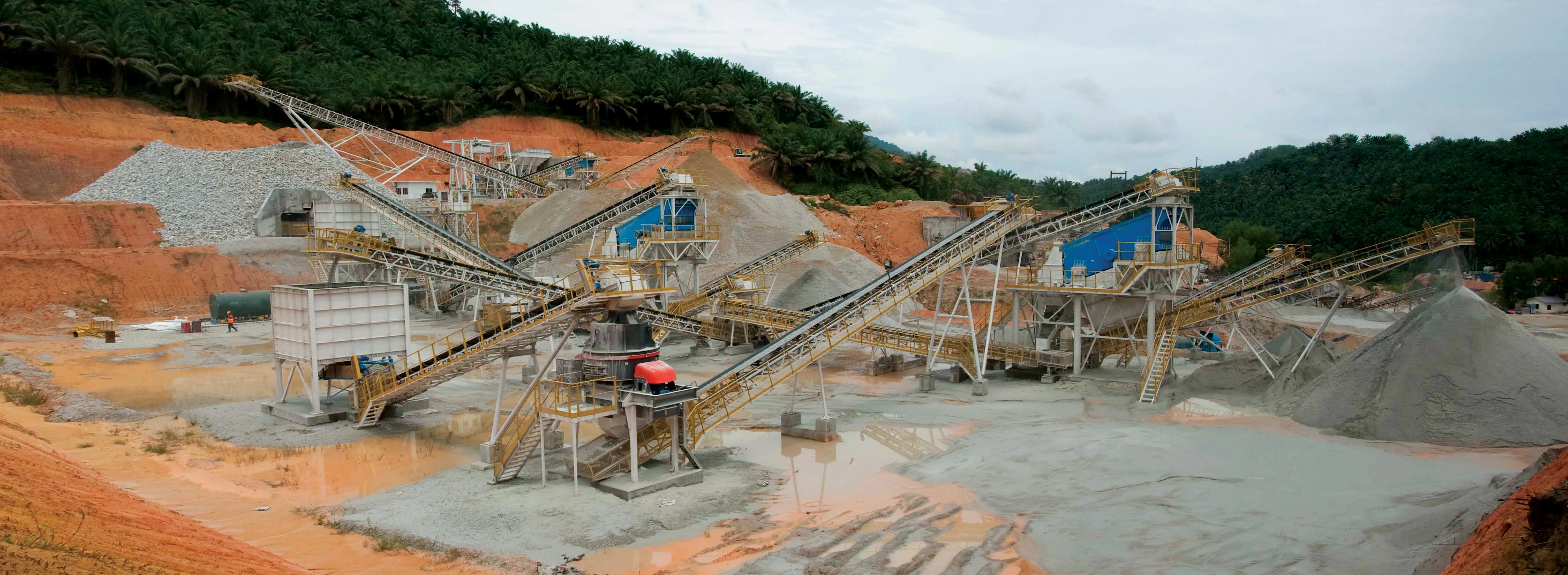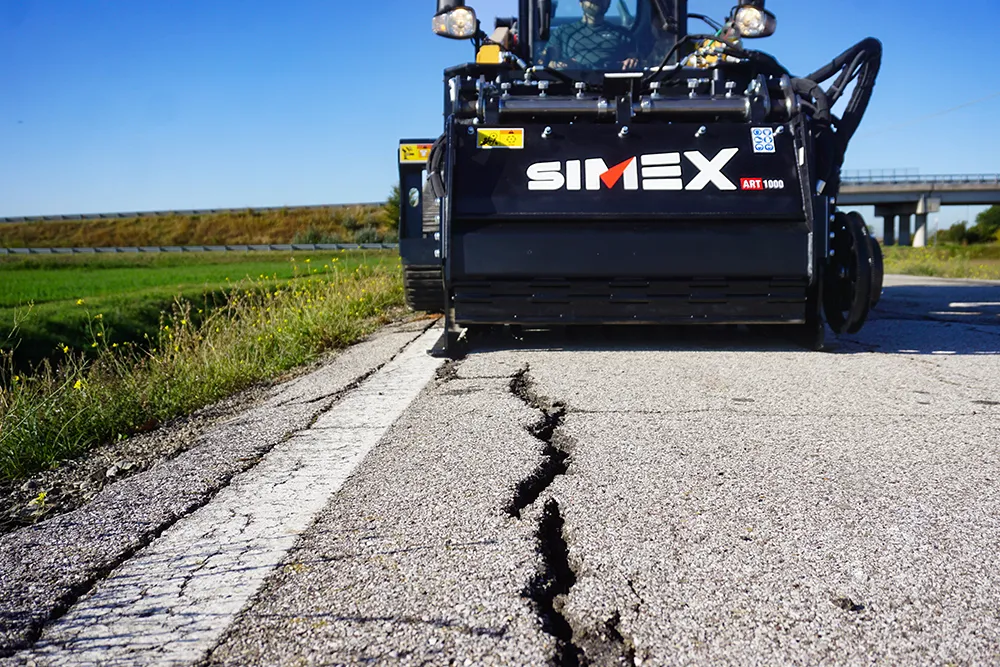Austrian mobile crusher manufacturer Rubble Master has sold its first machine in Cyprus to Costas Papacostas & Sons, a construction company based in Limassol. After experience gained from demolition projects, handled using hired crushers, the company's managing director Costas Papacostas thought about starting in the recycling business, and invested in a mobile Rubble Master combination consisting of an RM100 impact crusher and TS3600 final double-deck screen.
February 29, 2012
Read time: 2 mins
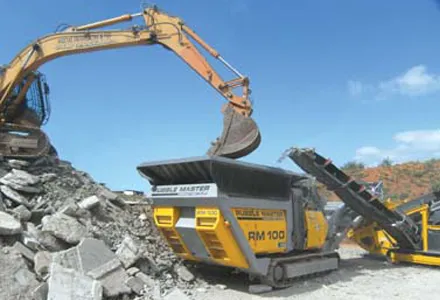
Austrian mobile crusher manufacturer 747 Rubble Master has sold its first machine in Cyprus to Costas Papacostas & Sons, a construction company based in Limassol.
After experience gained from demolition projects, handled using hired crushers, the company's managing director Costas Papacostas thought about starting in the recycling business, and invested in a mobile Rubble Master combination consisting of an RM100 impact crusher and TS3600 final double-deck screen.
The RM100 delivers 200tonnes/hour homogeneous, cubic aggregate from a variety of feed materials with any metal parts being separated from the mineral materials inside the impact crusher and removed by a magnetic separator. The crusher is operated from the loader, and requires one operator because it uses remote control for crushing and manoeuvring operations.
Weighing 28tonnes, the crusher can be transported to any job site without any special transport requirements.
The 15.5tonne Rubble Master TS3600, a crawler gear-mounted double-deck linear oscillation screen, can also handle 200tonnes/hour of material, and is also operated using remote control from the loader.
A recent job handled by the mobile RM100 with TS3600 involved concrete from a demolition project which was crushed down to 0/50mm in the impact crusher, and this was passed directly from the crusher to the screen box of the TS3600 and screened down to two final aggregate sizes: 0/8mm (used for backfilling in utility work) and the 8/32mm coarse grain, which was used as a cover layer in a roadbuilding project. Oversized grain was fed back into the crusher for it to be crushed again.
After experience gained from demolition projects, handled using hired crushers, the company's managing director Costas Papacostas thought about starting in the recycling business, and invested in a mobile Rubble Master combination consisting of an RM100 impact crusher and TS3600 final double-deck screen.
The RM100 delivers 200tonnes/hour homogeneous, cubic aggregate from a variety of feed materials with any metal parts being separated from the mineral materials inside the impact crusher and removed by a magnetic separator. The crusher is operated from the loader, and requires one operator because it uses remote control for crushing and manoeuvring operations.
Weighing 28tonnes, the crusher can be transported to any job site without any special transport requirements.
The 15.5tonne Rubble Master TS3600, a crawler gear-mounted double-deck linear oscillation screen, can also handle 200tonnes/hour of material, and is also operated using remote control from the loader.
A recent job handled by the mobile RM100 with TS3600 involved concrete from a demolition project which was crushed down to 0/50mm in the impact crusher, and this was passed directly from the crusher to the screen box of the TS3600 and screened down to two final aggregate sizes: 0/8mm (used for backfilling in utility work) and the 8/32mm coarse grain, which was used as a cover layer in a roadbuilding project. Oversized grain was fed back into the crusher for it to be crushed again.


